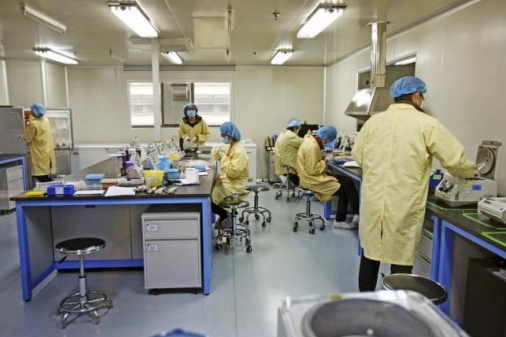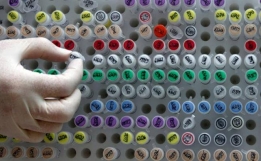
Nuclear arms and chemical weapons are generally considered as weapons of mass destruction (WMD). The United States' director of national intelligence, James Clapper, however, recently added one item on this category of weapons: gene editing.
In his report entitled "Worldwide Threat Assessment of the U.S. Intelligence Community" submitted to the Senate Armed Services Committee, Clapper said that genetic modification experiments being conducted by other nations, including those adversarial to the U.S., may create new types of biological threats.
"Research in genome editing conducted by countries with different regulatory or ethical standards than those of Western countries probably increases the risk of the creation of potentially harmful biological agents or products," the U.S. intelligence chief said.
"Given the broad distribution, low cost, and accelerated pace of development of this dual-use technology, its deliberate or unintentional misuse might lead to far-reaching economic and national security implications," he added in his report.
Clapper nevertheless said it might take some time before scientists come up with these "harmful biological agents" from gene editing.
"Researchers will probably continue to encounter challenges to achieve the desired outcome of their genome modifications, in part because of the technical limitations that are inherent in available genome editing systems," he said.
Daniel Gerstein, a former undersecretary at the Department of Homeland Defense, agreed with the intelligence chief's decision to consider genome editing as a weapon of mass destruction, admitting that such experiments may have harmful implications.
"Biotechnology, more than any other domain, has great potential for human good, but also has the possibility to be misused," Gerstein, who currently works as a senior policy analyst at RAND, told the MIT's Technology Review.
"We are worried about people developing some sort of pathogen with robust capabilities, but we are also concerned about the chance of misutilisation. We could have an accident occur with gene editing that is catastrophic, since the genome is the very essence of life," he added.











